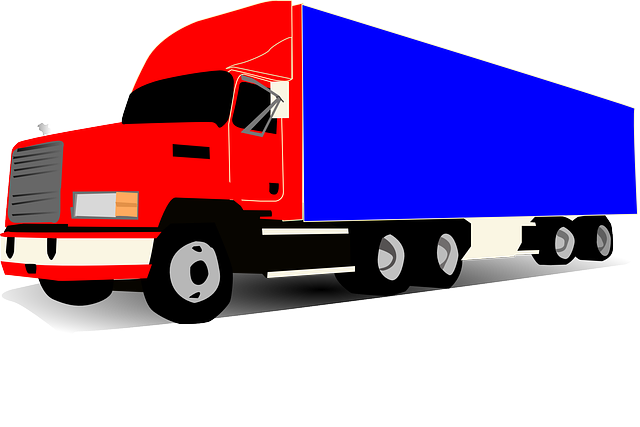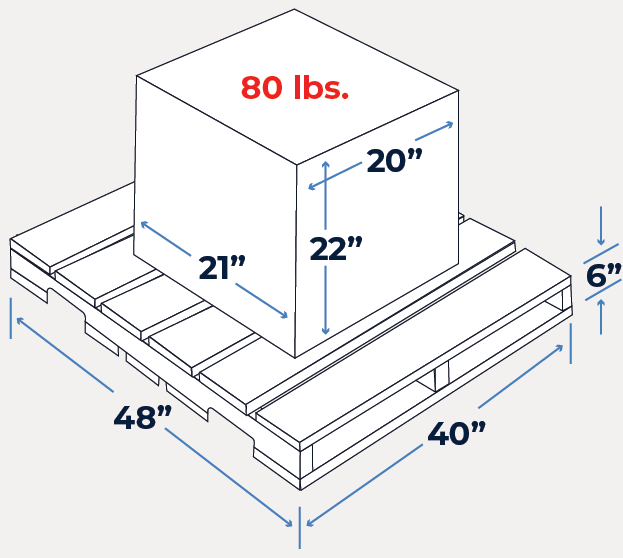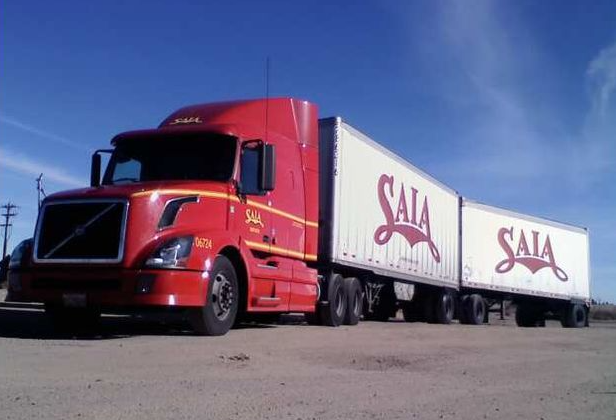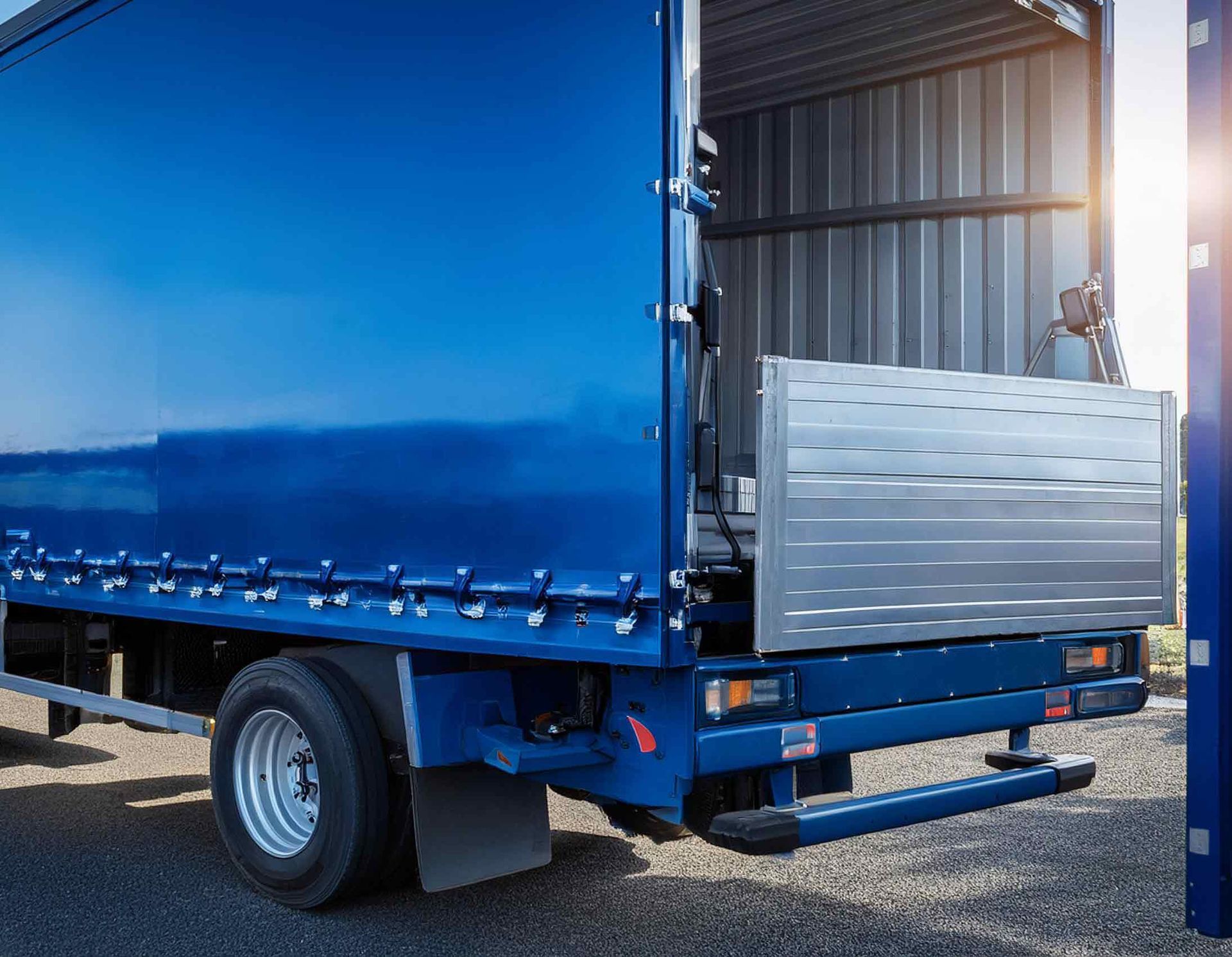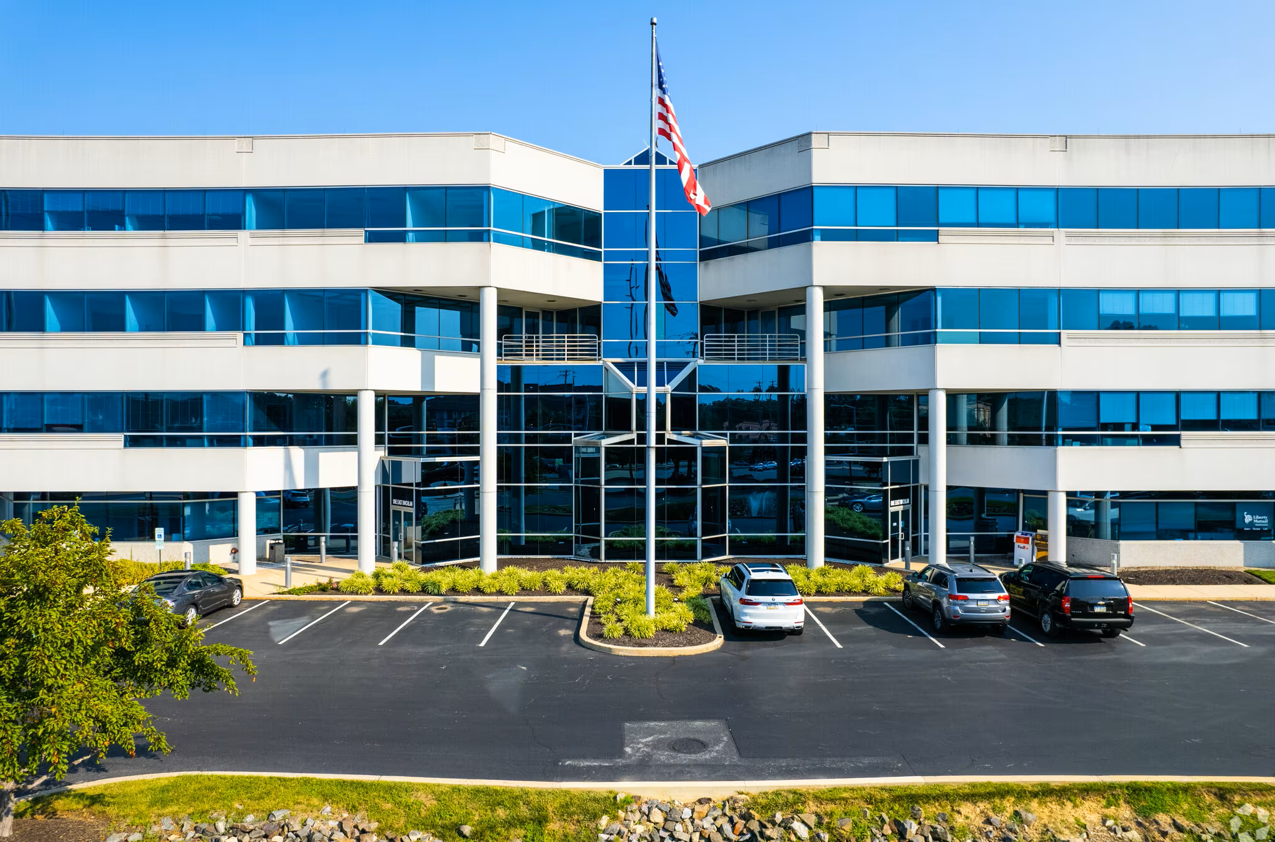Understanding LTL and FTL Shipping
Freight shipping comes with many acronyms, but two stand out: LTL and FTL. LTL stands for
Less-Than-Truckload, while FTL means
Full Truckload. These terms describe how much space your freight takes up in a truck.
LTL is best for smaller shipments that don’t fill an entire trailer. Multiple shipments from different businesses share space, making LTL a cost-effective option. FTL, on the other hand, is used when a shipment fills most or all of a truck. It offers faster delivery and reduced handling.
Choosing between LTL and FTL depends on several factors, including shipment size, speed, security, and cost. Understanding these differences helps businesses optimize their logistics strategy, and properly select which
mode of transportation would be most economical when routing their freight.
Key Differences Between LTL and FTL
A mix of LTL and FTL can also optimize logistics mode selection. Some businesses use LTL for regular shipments and FTL for urgent or high-value cargo. Evaluating costs, speed, and risk helps determine the best approach.
The following factors are normally taken into account when determining the proper mode of transportation:
LTL shipments range from 150 to 15,000 pounds and typically include up to 10 pallets. This option works well for businesses that don’t need an entire truck.
FTL shipments exceed 15,000 pounds or 10 pallets. When cargo fills an entire trailer, FTL is the best option. It reduces transit time and limits handling, which lowers the risk of damage.
If your shipment falls between LTL and FTL, options like volume LTL and partial truckload offer a middle ground. These methods provide cost savings while maintaining faster transit times.
FTL is the fastest choice for freight shipping. The truck moves directly from pickup to delivery without stopping to transfer goods. This makes it ideal for time-sensitive shipments.
LTL shipments take longer because they share space with other cargo. Freight may be loaded and unloaded multiple times along the way. If timing is flexible, LTL can be a more economical choice.
For urgent shipments, expedited LTL services exist but can be costly. If speed is a priority, FTL is usually the better option.
Truckload provides greater security because shipments remain in the same truck from pickup to delivery. There is less handling, which reduces the risk of damage or theft.
Less-than-truckload shipments are handled more frequently as they move between terminals. Each transfer increases the possibility of loss or damage. This makes FTL the preferred choice for fragile, high-value, or sensitive goods. Terminals offload the trailers, and this runs the risk of damaging the freight due to extra handling, while truckloads deliver directly from the origin to the destination, unless they are multi-stop loads.
Businesses shipping expensive or delicate items should weigh the risks carefully. If minimizing handling is crucial, FTL is the safer option.
LTL is typically cheaper than FTL because costs are shared among multiple shippers. This makes it a budget-friendly option for small to mid-sized shipments.
FTL is more expensive but offers direct, uninterrupted shipping. If you need a truck dedicated to your freight, the higher cost may be worth it for speed and security.
Partial truckload and volume LTL
services can offer cost-effective alternatives. These options provide some of the benefits of FTL at a lower price. Typically TLI begins the mode optimization process
once the pallet count exceeds 6, but does not warrent acquiring an entire trailer worth of linear feet.
Special Service Requirements
LTL offers greater flexibility for special services like liftgate delivery, limited access, freeze protection, or white-glove handling. These options help businesses with unique shipping needs.
FTL shipments have fewer service add-ons. However, they allow for specific handling instructions and dedicated transportation. If specialized care is necessary, LTL may provide more customization options.
How to Choose Between LTL and FTL
LTL rates vary based on freight class, weight, and extra services. Since shipments share a truck, costs are lower but can change with demand. TLI’s
LTL brokerage services secure the best rates sorted by least cost motor carrier.
FTL rates depend on distance, equipment, truck availability, and fuel. Pricing is more predictable since shippers pay for the full truck. With
TLI’s
FTL brokerage,
businesses get competitive rates and reliable service.
Selecting the right freight option depends on your business’s shipping priorities. Consider these key questions:
- Is the shipment under 15,000 pounds? If yes, LTL is likely the best choice.
- Do you need fast, direct shipping? If yes, FTL is the better option.
- Is security a major concern? If yes, FTL minimizes handling and risk.
- Are you looking for the lowest cost? If yes, LTL provides shared freight savings.
- Is your shipment under 12 linear feet? If yes than LTL is the better option.
- Do you require special services? If yes, LTL offers more flexibility.
A mix of LTL and FTL can also optimize logistics. Some businesses use LTL for regular shipments and FTL for urgent or high-value cargo. Evaluating costs, speed, and risk helps determine the best approach.
TLI Has You Covered for LTL and FTL
Contact TLI
Get a free shipping consultation today and start optimizing your freight mode selection! TLI offers both LTL and FTL brokerage services, but we go beyond just booking freight. Our
managed logistics services handle everything from
claims management to
freight invoice audits, ensuring that any issues are resolved quickly. Shippers can delegate all the headaches to us—whether it’s lost shipments, incorrect charges, or unexpected delays, we take care of it. With our expert team and strong carrier network, we optimize shipping strategies while reducing risks and costs. Let TLI handle the logistics so you can focus on growing your business.

